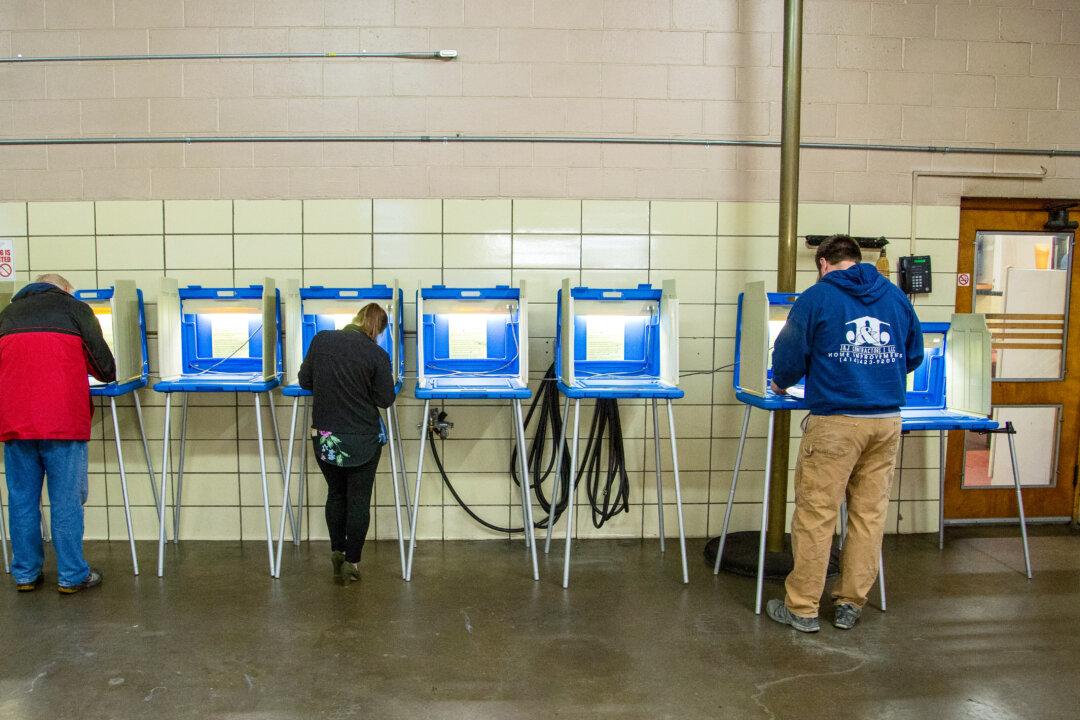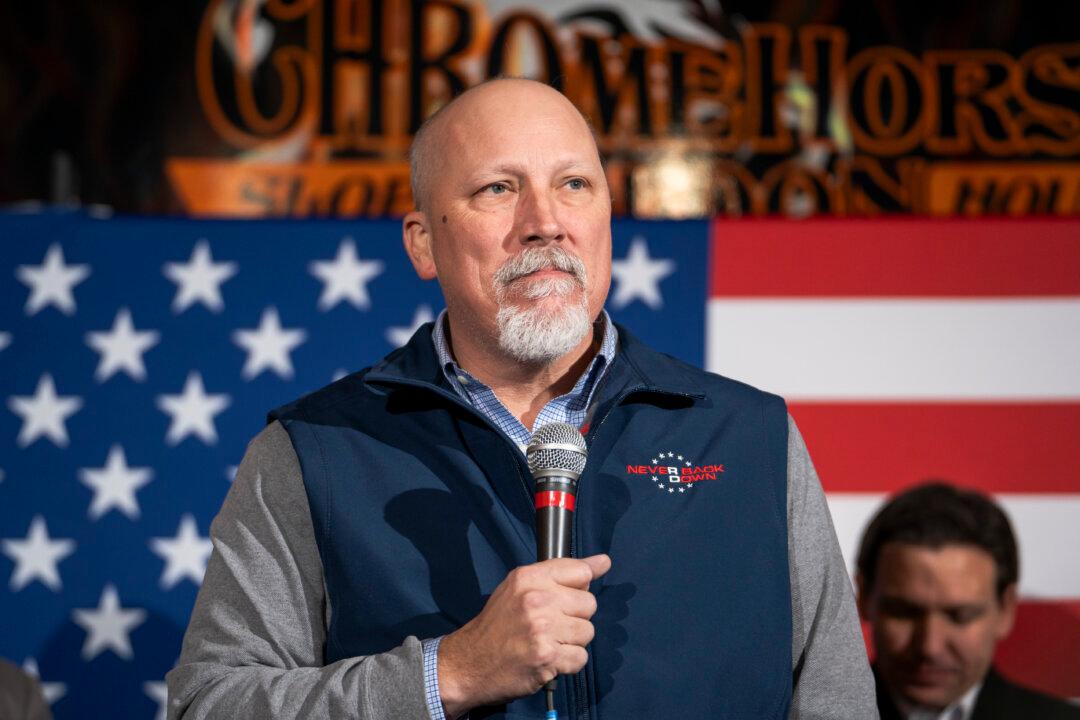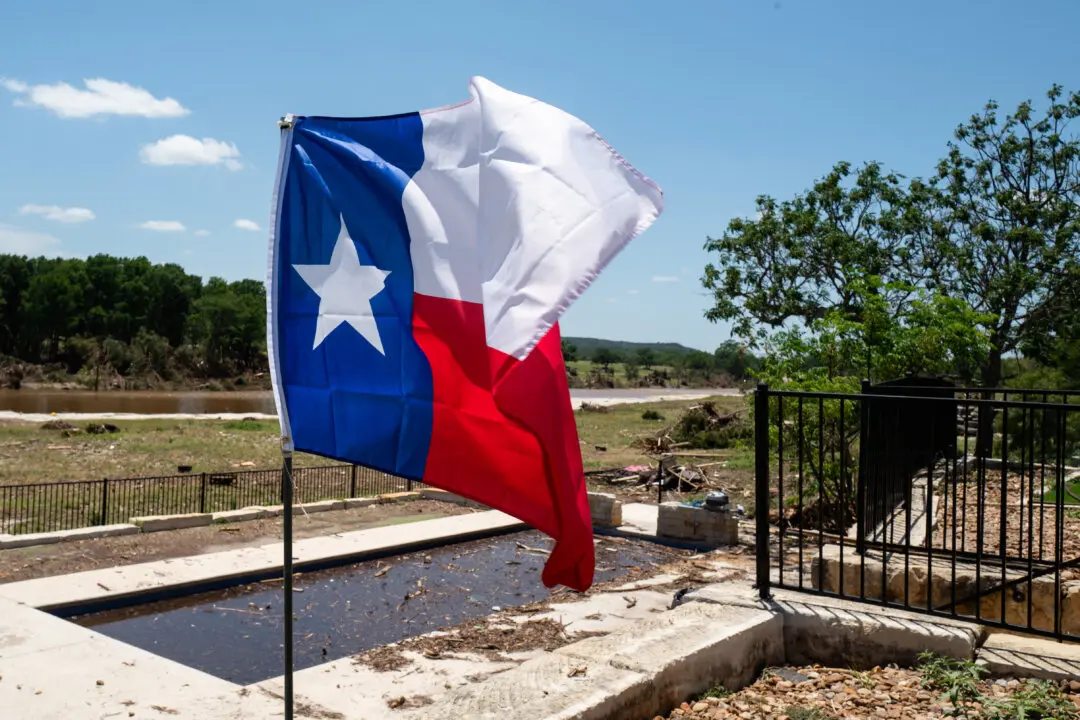During the April 2 Wisconsin primary, voters will decide on two Constitutional amendments backed by many Republicans and conservatives and opposed by many Democrats and liberals.
The first question asks voters whether the state should keep private money out of election administration, asking the voter to decide on amending the state Constitution “to provide that private donations and grants may not be applied for, accepted, expended, or used in connection with the conduct of any primary, election, or referendum.”





